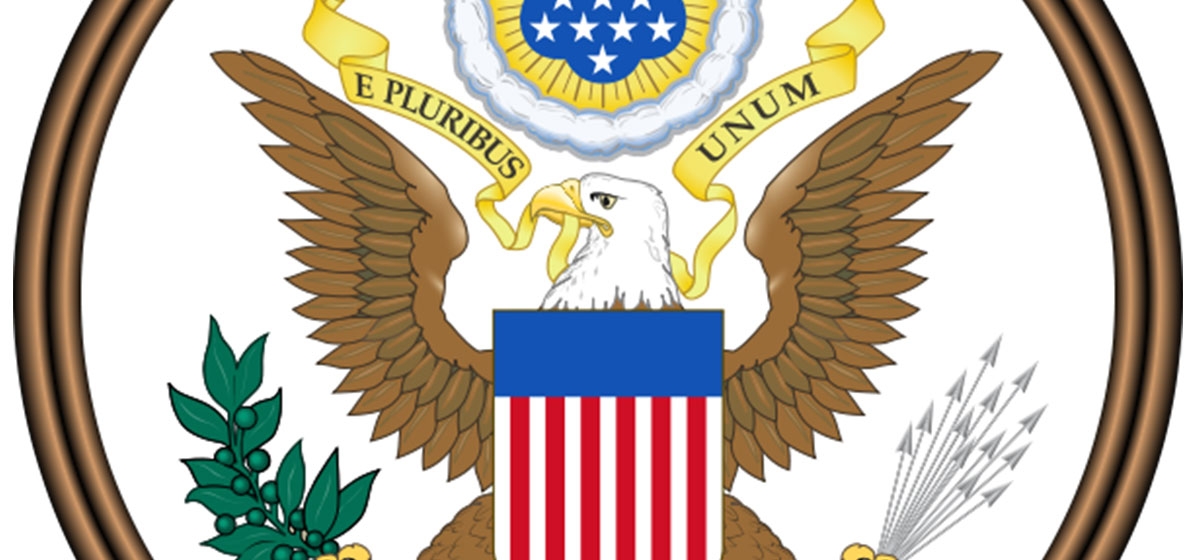
This fall, Pittsburgh Quarterly had a subscription campaign. Along with many of the returned cards, a nice note accompanied the check. Three people, however, returned notes sans check, saying they wouldn’t subscribe to a magazine that supports Marcellus Shale drilling. One ended his letter: “You should be ashamed of yourself!”
First, I considered the building vehemence in his note. Then I considered our journalism. We’ve covered the Marcellus for four years and environmental issues longer still. That coverage has won 10 Golden Quill Awards, judged by out-of-town journalists. Some of our pieces have angered leaders in the local gas industry, and some apparently have angered the industry’s opponents.
Awards and “being an equal opportunity offender” are standard media lines of defense, and generally good rules of thumb. But what about our editorial position? From the beginning, I’ve believed and written that the Marcellus represents a tremendous opportunity for our region and country, and that its development can and should be done responsibly. In my view, the various sides of this issue have a civic duty to come together and find reasonable solutions that can transform our economy, increase U.S. energy independence, and protect our environment. I think this is a responsible position, and it’s reflected in Seamus McGraw’s piece on page 121.
That’s my opinion, and the letter writer has the right to his, as do we all. The trouble comes when our opinions prevent us from working together and solving problems. Aristotle observed that each side in an argument has a piece of the truth, but the trouble is that the opponents think they have the whole truth. In that light, as a young reporter and now as a middle-aged editor, I’ve tried to weigh the sides of an issue and not consider factions on either side to be “evil.”
Yet bitter antipathy towards one’s opponents is growing, and our civic dialogue and decisions are suffering for it. We’ve witnessed historic paralysis in Washington, D.C., and the country is divided. You’re either in the “99 percent” or the “1 percent.” You’re a male voter or a female voter. You’re either white, African American or Latino. You’re gay or straight. You’re either rich, middle class or part of the “entitlement” crowd.
The reasons for division are many. Foremost, we have serious disagreements on issues, such as the role and expense of government and the future direction for the country. Another reason, however, may be the changing way we get our information. When we all trusted Walter Cronkite and received our news from a few networks and our daily paper, we had a built-in center ground. Now, we must seek and sift through the traditional media and the countless information sources on the Internet. And if we like, we can have a steady diet of info that only agrees with our tendencies and positions.
Regardless of our views, however, we have to remember that we have problems to solve and that we are capable of solving them if we work together.
America was designed as a nation where differing factions could coexist and flourish. The ability to disagree has been at the heart of our country since its founding. Shortly after that founding, however, the country’s leaders began using a motto that completes the disagreement equation: E pluribus unum—out of many, one. I believe that, whether it’s the Marcellus Shale or the governing of our nation, we would be well served to take a dose of anti-zealot elixir. If we respect our opponents as worthy adversaries instead of enemies, we’ll have the kind of civic discourse necessary for finding common ground.


